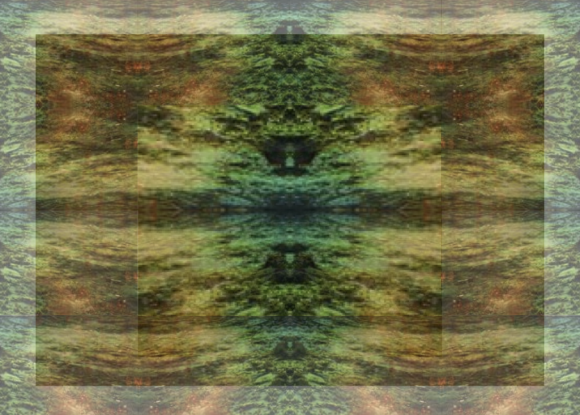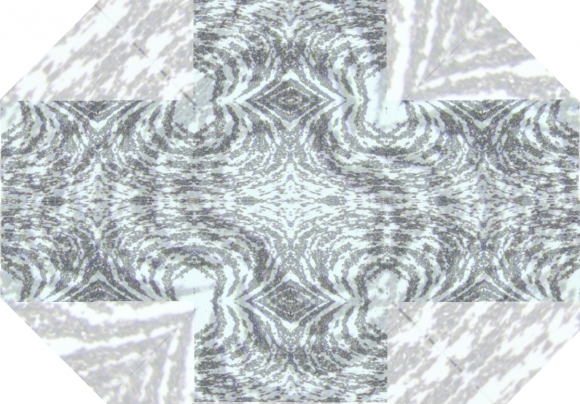Part of the problem with how Jung and others present his views is a frequent blurring of methodological and metaphysical questions. This is not entirely accidental: one of its consequences is that it hides methodological flaws. And one of the worst of these has the effect of misrepresenting what Jung does as empirical science. Moreover, this is by no means merely a historical problem — a problem with, understandably, Jung and his contemporaries not having the benefit of broad developments in the philosophy of science which only happened during the second half of the 20th century.

For example, take this passage from Suzanne Gieser’s book about Pauli’s philosophical and “Jungian” views, The Innermost Kernel:
Jung could be called a realist in the sense that he regarded the psyche as a piece of nature which can be observed on the same basis as a piece of physical nature, even if it must be borne in mind that the problem of demarcation between subject and object is particularly accentuated in psychology. To underline this conception of the psyche he also called the collective unconscious the objective psyche. It represents an autonomous factor that intervenes in the life of the subject in a form which cannot be ignored. It is also objective in the sense that it is intersubjective, in other words it is shared by all humans.
Suzanne Gieser, The Innermost Kernel, 124.
1. Gieser is sketching Jung’s metaphysical and epistemological position here, and tries to characterize him as a kind of empirical realist, with the notable distinguishing thesis that there is an “objective” psyche. This is the view that, in addition to phenomena in the external world (things and events that exist in space and time, independent of our experience of them) there are equally “objective” phenomena in the psyche, autonomous factors that can act on people’s psychology in the same way as external objects and events can act on people’s bodies (and minds, too, of course). It’s clearly a view that Jung held and variously stated (e.g. in his 1931 lecture on “Das Grundproblem der gegenwärtigen Psychologie”, GW VIII, §§ 649-688), and it’s not badly characterized as a form of “realism” about psychological factors.
It is, however, as philosophical views go, hardly more than a sketch; and it is mostly a stipulation of a metaphysical kind: a view of what reality consists in, what sorts of thing make up reality, in a broad sense of “thing”. It does have an epistemological angle, too: Jung often combines it with a claim about what we can (and what we can’t) know about these sorts of things: namely, experiences of them. We can have experiences of the things of the outer world, and we can have experiences of the autonomous factors of the “objective” psyche. But we only ever know such experiences, and neither the external things nor the psychic factors “in themselves”.
Experiences are subjective, in the sense that there is always a particular subject that has any given (particular) experience. So the question of how experience is constituted between the objective (things and factors) and the subjective (experience of them) is a crucial one; and this, clearly, is an epistemological problem — it’s not a question about what there is (that’s already settled), but about how we best describe what is going on from what we can know.
And part of the answer to that question, in empirical science, is by excluding subjective error: the kind of error that comes in if an experience is only made once, or only made by a single subject. The general assumption here is that by repeatedly looking at things (or factors), and by having multiple observers looking, we exclude one-shot accidental error and subjective bias. Needless to say: this alone is not sufficient to exclude any sort of error; it’s just one basic measure that eliminates some, and perhaps the most easily occurring kinds. And this — this part of the answer — is a piece of methodology. It’s not a question of metaphysics (what there is) or epistemology (what we can know). It’s part of the method we deploy when doing empirical science: it’s part of the “scientific method”.
And it’s an essential part: we’re not simply doing science just because we consider our subject matter a “piece of nature”. What characterizes the scientific method at least as much is that we seek independent verification. And the “independent” here is precisely meant to exclude subjective one-sidedness, by (among other things) requiring multiple different subjects to agree on observations. This is the difference between subjective and intersubjective experience.
2. Now in Gieser’s presentation of Jung’s view, the term “intersubjective” does appear, but in a different sense. For her, those psychological factors which are, according to Jung, autonomous and independent of any subjective experience of them, and therefore “objective”, are in addition “intersubjective”, in that they are universally shared by human beings. Gieser, in other words, uses the word in a sense that clearly is not related to method.
Is it metaphysical or epistemological, then? This is difficult to say, partly because the claim is really just a side remark. But given that the characterization as “objective” here is metaphysical (it states that there are factors that have existence independent of both the external world and the subject’s psychology), the additional ascription of these factors as “being shared by all humans” seems to make a further claim on that level, a claim of universality (rather than, say, stating a condition of how we can come to know about them). Its speculative nature (there is no reason given why this universality should hold) seems to point in the same direction.
But the most damaging effect in Gieser’s usage is not the vagueness of the claims itself: that arguably characterizes Jung’s own presentation, and is therefore correctly preserved in her summary. The problem here is that she moves an important characteristic of the scientific method out of sight.
And the upshot is that shortly before and after the quoted passage, when the question of scientific method (and the empirical nature or otherwise of Jung’s views) is explicitly thematized, this crucial notion of intersubjective verification is not available. In fact, Gieser does not even mention it (as does Jung, throughout his work). And that, as I have already noted elsewhere, is not at all accidental: for Jung’s practice was to base his theories exclusively on his own “experience”, shunning disagreement as “biased” and “dogmatic”, while nonetheless claiming to follow scientific (naturwissenschaftliche) practice and doing empirical (rather than speculative) theory formation.
Gieser’s withdrawing of the methodological term from its proper use, and keeping silent about the lack of intersubjective checks on Jung’s views, colludes with this by upholding the framing, put forward by Jung himself and many of his followers, of his practice as empirical science. At the very least, it’s tantamount to an uncritical reinforcement of a misleading frame (not just by Jung himself, but frequently found in the Jungian tradition ever since). Proper methodological reflection — starting with correct use of methodological terms such as “intersubjective” — would, in contrast, begin to expose this misleading and distorting framing. (Which, as I have argued, would do better service and justice to what is valuable in Jungian theory than continuing to maintain it unchallenged.)



